
Chengdu has been known as the "Land of Abundance" since ancient times, where its long history and vitality of modern-day life blend. When you come to Chengdu, please do visit the classic spots. In the process, you will experience the history and the relaxed lifestyle of Chengdu as if you were traveling through time and space to see the past and the present. Let's go and explore!
Chengdu Research Base of Giant Panda Breeding
By March, 2023, up to 237 giant pandas have been settled in the Chengdu Research Base of Giant Panda Breeding. It has the world's largest captive breeding population of giant pandas. In addition to giant pandas, animals such as red pandas, black swans, mandarin ducks, and peacocks also live and breed here.
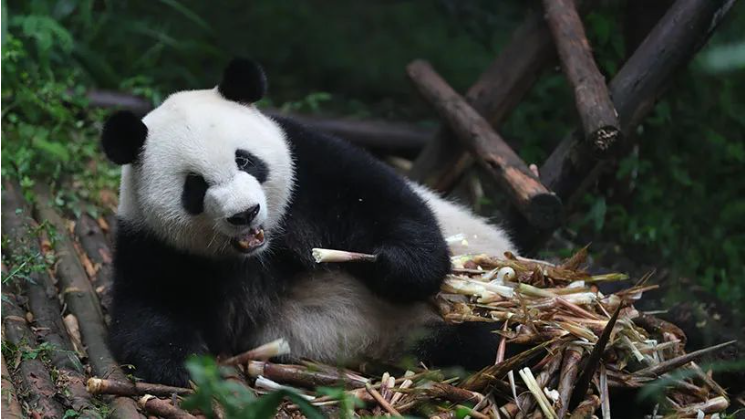
Address: No. 1375, Panda Avenue, Chengdu
Opening time: 07:30–18:00, with the Panda Tower open for 09:00–17:00 (closed on Tuesdays)
Ticket: RMB 55/person
Chengdu Wuhou Shrine & Jinli Street
Wuhou Shrine is the world's most influential museum of the Three Kingdoms relics and the only existing combined memorial temple for both the emperor and his ministers in China. The museum is divided into three parts: the Three Kingdoms Cultural Relics Preservation Zone, West Area and Jinli Folk Custom Area, in which the Jinli ancient street is 550 meters long, with various teahouses, inns, specialty snacks, folk arts and crafts, among others.
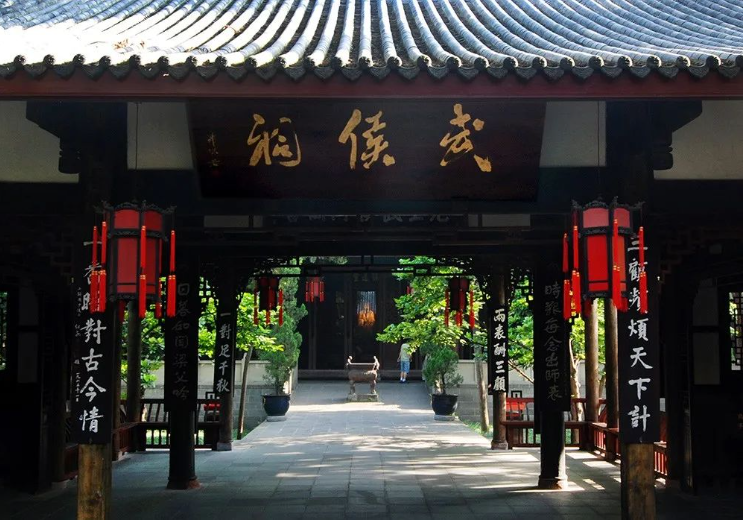
Address: No. 231, Wuhouci Street, Chengdu
Opening time: 08:30–18:30 for Wuhou Shrine; Jinli opens all day
Ticket: RMB 50/person for Wuhou Shrine; free for Jinli
Kuanzhai Alley
It is composed of three ancient streets arranged in parallel, namely Kuan Alley, Zhai Alley and Jing Alley. The ancient street has been preserved since Qing Dynasty (1636–1912). Walking along the Kuanzhai Alley, you would be able to see the residents here and their slow-paced life since the old times, while feeling the vitality and fashion of modern Chengdu from a wide range of merchants.
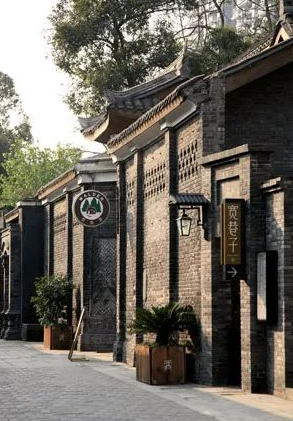
Address: No. 127, Changshun Upper Street, Chengdu
Opening time: All day
Ticket: Free
Daci Temple
A quiet ancient temple sits in the city center, just a wall away from the bustling modern shopping mall, Sino-Ocean Taikoo Li Chengdu. Stepping into the temple is like walking into a retreat away from the hustle and bustle of the world. Visitors can admire the temple that enjoyed the reputation of the "greatest Buddhist temple in ancient China", or sit down in the ancient temple teahouse, sunbathe and sip Sichuan tea, enjoying quietness in the midst of chaos.
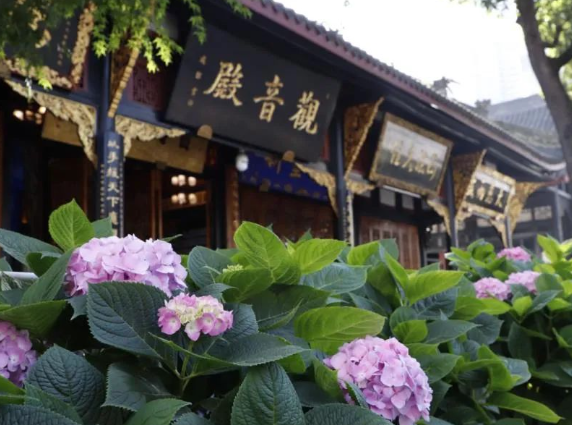
Address: No. 21, Dacisi Road, Chengdu
Opening time: 07:30–17:30
Ticket: Free
Chengdu Du Fu Thatched Cottage Museum
Located beside the Huanhua Creek, it is the former residence of Du Fu (712–770), a realistic poet in the Tang Dynasty, who lived in Chengdu. Today it has been transformed into a museum that combines the pattern of a memorial shrine and the style of the poet's former residence, as well as a great place to enjoy the scenery of a classical Chinese garden.
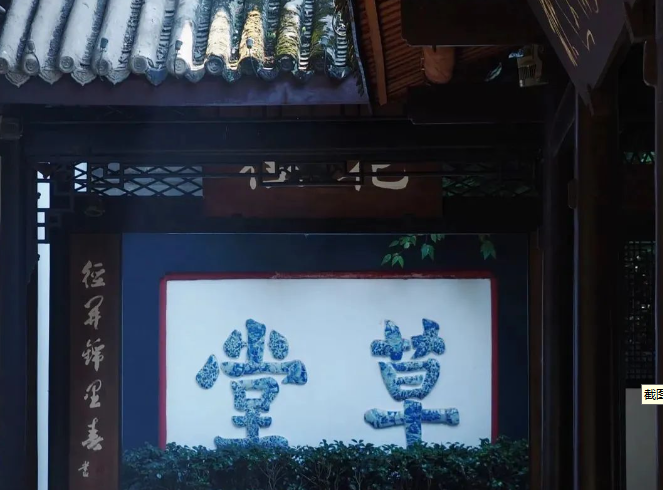
Address: No. 28, Caotang Road, Chengdu
Opening time: 09:00–18:00; from July 10 to October 31, 2023, the museum operates an extended service, open for 08:30–18:30.
Ticket: RMB 50/person
Jinsha Site Museum
In 2001, Jinsha Site was discovered in Chengdu, where lots of relics such as gold, bronze, jade and ivory objects were unearthed, and relics of sacrificial zone, residential and burial grounds were discovered. Covering an area of about 5 k㎡, it was the capital of ancient Shu kingdom, the center of the ancient civilization of the upper reaches of Yangtze River from the 12th century B.C. to the 7th century B.C. Among the sites of the same period in the world, Jinsha Site has the most bountiful coverage of ivories, the largest number of gold and jade artifacts, as well as many bronze, stone and ivory artifacts. It is known as the "first major archaeological discovery in China in the 21st century".
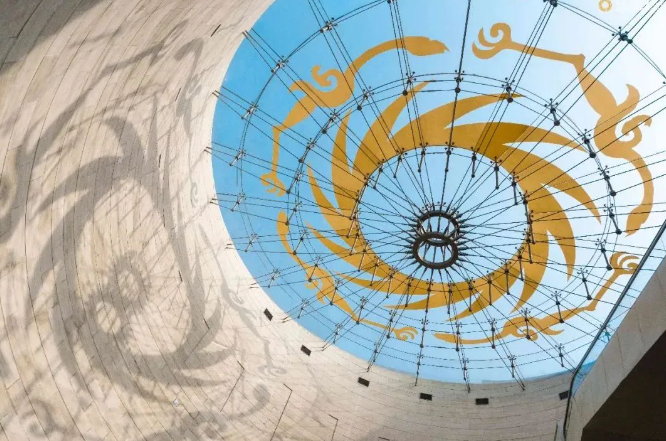
Address: No. 2, Jinshayizhi Road, Chengdu
Opening time: 09:00–18:00 (closed on Mondays)
Ticket: RMB 70/person
Dujiangyan
This irrigation project built for flood control and drought relief over 2,000 years ago, now stands as the world's oldest, only remaining, still in use, grand hydraulic project with no dam water diversion as the characteristic. It plays a great role in the irrigation of farmlands in Chengdu Plain. Serving as the key to the "Land of Abundance", it passes down the wisdom of our ancestors in the ancient Shu.
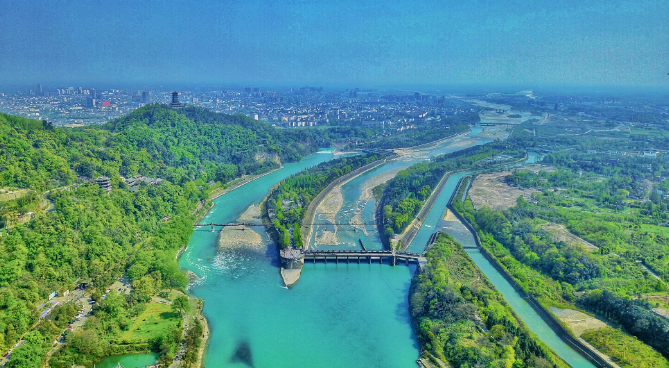
Address: Gongyuan Road, Dujiangyan City, Chengdu
Opening time: 08:00–18:00 (March 2–November 30)
08:00–17:30 (December 1–March 1 of the next year)
Ticket: RMB 80/person
Mount Qingcheng
In Mount Qingcheng, one of the birthplaces of Taoism in China that is known to boast the "the world’s most tranquil place", the mountains are surrounded by undulating peaks and lush forests, and the views on the front and back mountains are distinctly different. Together with Dujiangyan, it was inscribed on the "World Heritage List" in 2000.
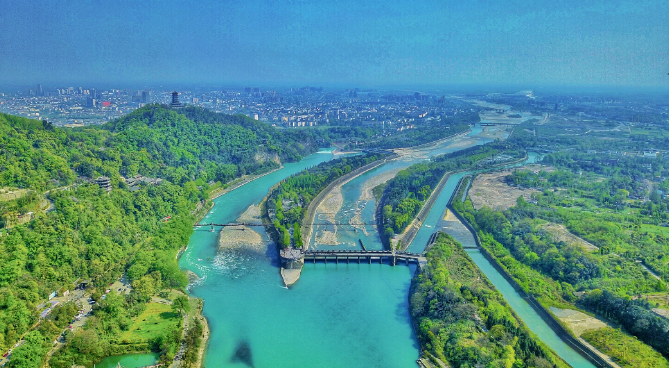
Address: Qingchengshan Road, Dujiangyan City, Chengdu
Opening time:
08:00–19:30 (January 1–February 28)
08:00–17:00 (March 1–November 30)
08:00–17:30 (December 1–December 31)
Ticket:
RMB 80/person for the front mountain
RMB 20/person for the back mountain
Xiling Snow Mountain
As the only national-level ski resort in southern China, the scenic area boasts the "No. 1 peak in Chengdu"—Daxuetang, which is 5,364 meters above sea level. During the long snowy winter, visitors can enjoy more than 10 kinds of snow and ice rides such as alpine skiing and snowmobiling. In other seasons, visitors can also enjoy the rapidly changing views such as the sea of clouds, sunrise and sunshine on golden hills.

Address: Xiling Snow Mountain, Dayi County, Chengdu
Opening time: 09:00–17:00
Ticket: Free
Baodun Site Archaeological WorkstationBaodun Site is about 4,200–4,500 years from now, covering an area of 2.76 million ㎡. It is the oldest and largest prehistoric city in Chengdu Plain. The Baodun Site Exhibition Hall built on this basis shows the history and culture of the ancient city of Baodun. As the cradle of rice-farming civilization and urban civilization in the Chengdu Plain, Baodun site is an important case in the study of the ancient Shu civilization and the history of Chinese civilization.
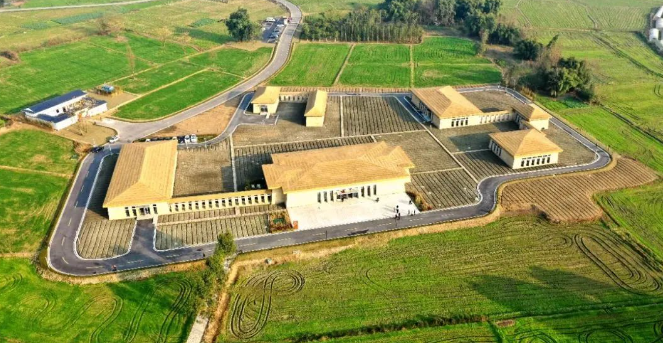
Address: Baodun Village, Baodun Township, Xinjin District, Chengdu
Opening time: 09:00–12:00, 13:00–17:00 (closed on Mondays)
Ticket: Free entrance to the workstation; RMB 20/person for the exhibition hall
Source: HomeinChengdu 微信公众号




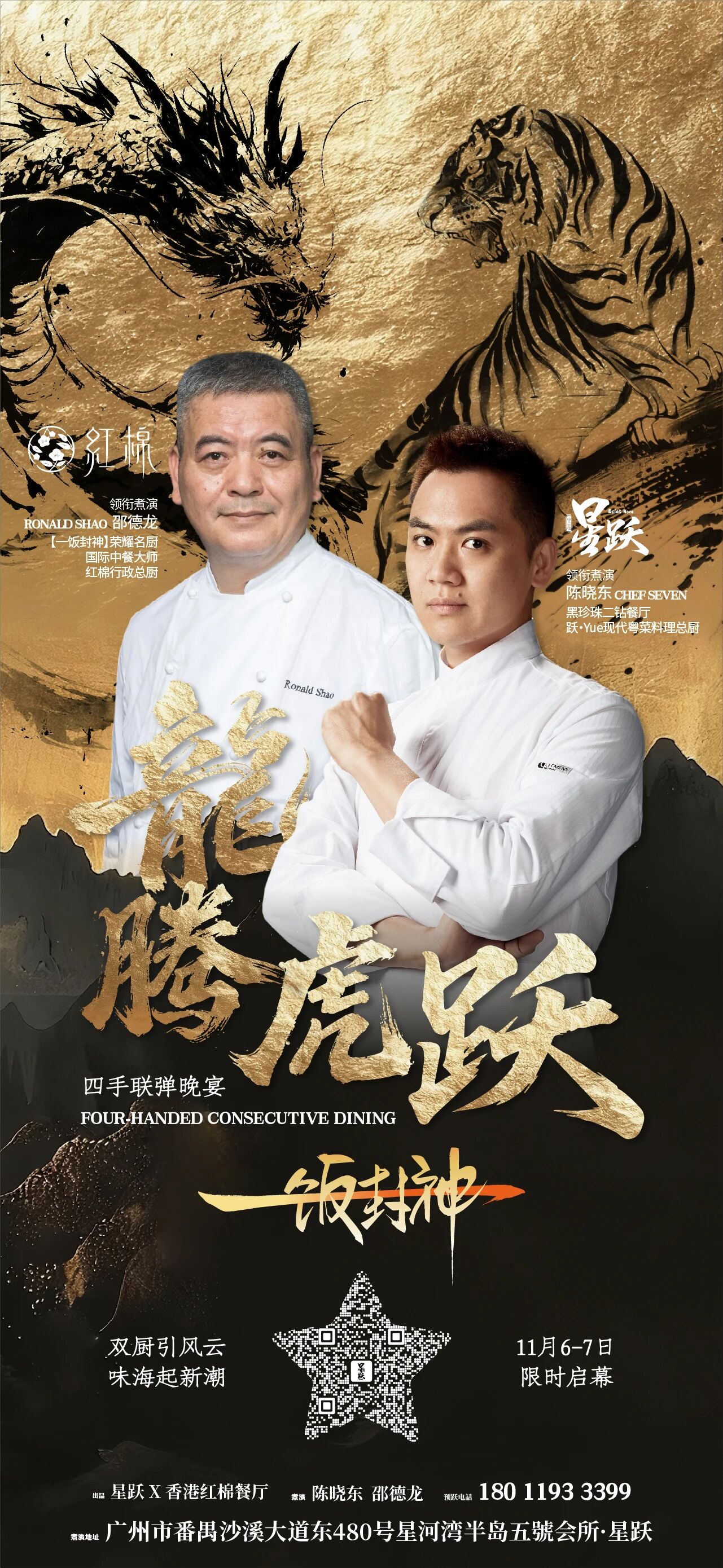



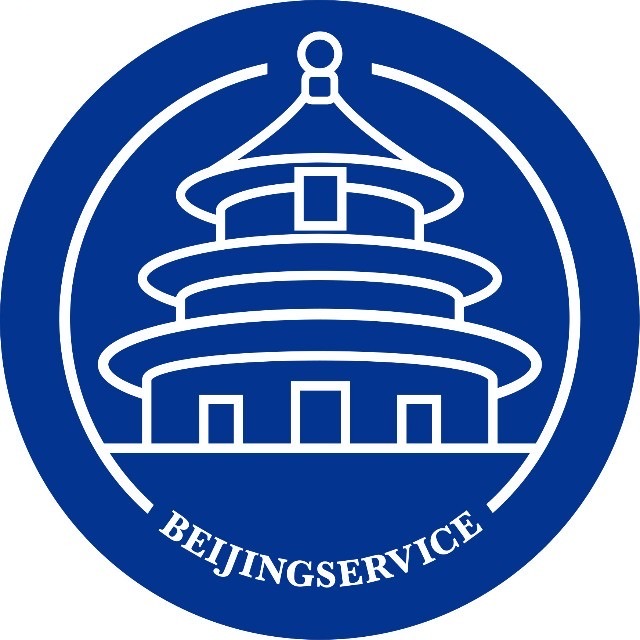





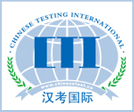
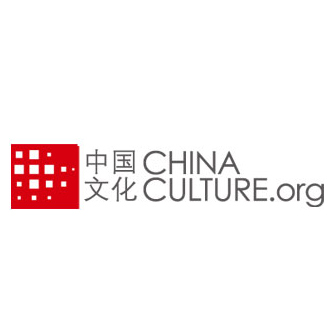
 京公网安备
京公网安备